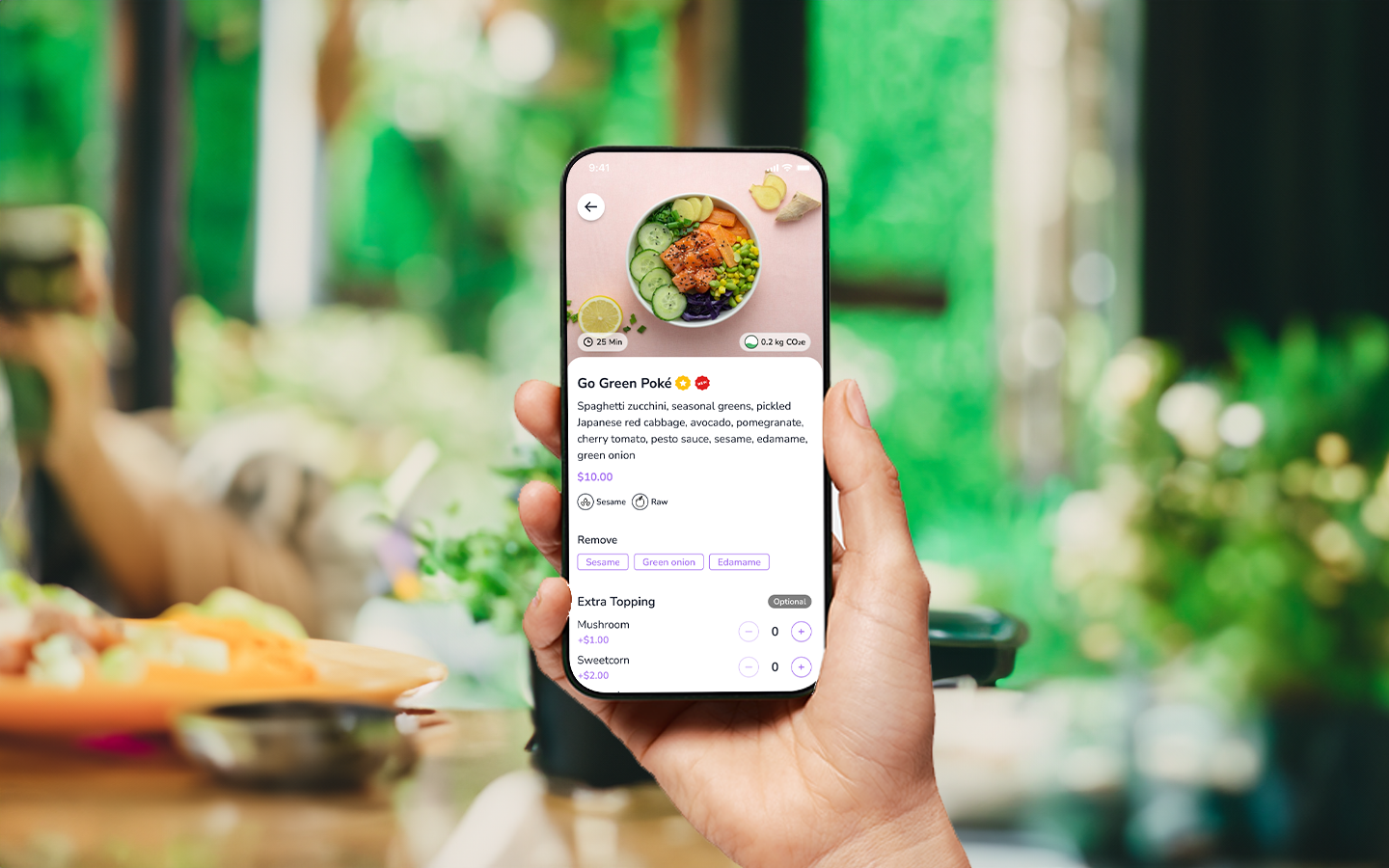There’s no hiding that managing a restaurant, small or big, is a job that entails endless tasks. A restaurant manager has to deal with everything from staff scheduling and customer service to food quality, menu, supplier management, profitability, and more.
We will dive into more detail, followed by suggestions about some smart tools used by new-age restaurant managers, making their lives much easier while leaving no room for human error.
What is it really like?

Responsible for overseeing a restaurant or a group of restaurants, the manager is ideally someone who has experience in hospitality management or food service.
Every day, restaurant managers are faced with a wild variety of challenges that can make or break the business. They have to create an environment in which customers will want to come back and spend more. They also have to manage the staff to ensure that they are happy and productive.
A restaurant manager is also responsible for hiring, training, and managing employees. They need to make sure that the restaurant is running smoothly by monitoring inventory, food preparation, and customer service levels.
One of the most important aspects of this career path is customer satisfaction, ensuring that customers are left with positive and memorable experiences. Other duties include hiring new staff members, training new and existing staff members on how to do their jobs better, and ensuring that the restaurant is running smoothly and profitably.
The manager of a restaurant is not only responsible for the day-to-day operations of the establishment. They also have to prepare regular weekly and monthly reports, negotiate with new and existing suppliers for better deals and delivery times, maintain accurate inventory, oversee the food prep and quality, and handle other administrative tasks such as bookkeeping and payrolls.
A restaurant manager is also in charge of hiring temp workers when needed as well as terminating employee contracts when things don’t work out or if there is a need to cut back on staff due to finances.
In order to set an example for their team and impress guests, managers need to start their days by showering, smelling good, getting appropriately dressed, and making sure they look and feel their best.
One Day, Many Challenges

A usual day in the life of a restaurant manager may start with helping the front-of-house employees get ready for service. They should guarantee that the restaurant is spotless and that the kitchen has sufficient supplies for the coming few days, depending on the storage available. The manager may choose to have a scheduled team meeting every day and walk everyone through the day ahead. S/he may also provide the floor team with their table assignments while providing personal info on VIP or group reservations.
Fast-paced and stressful, it calls for a unique combination of abilities and personality traits, including keeping your standing under pressure and holding space. Most of the green light that signals one's traits as a successful restaurant manager is also about; enthusiasm, collaboration, patience, composure under pressure, initiative, ability to delegate, leading by example, excellent communication skills, time management skills, and being proactive.
As one can imagine, there’s enough material for an entire book when it comes to the duties on a restaurant manager’s shoulder. Ensuring health & safety and hygiene standards along with handling sudden inspection visits by authorities are also some of the fun involved.
The drawbacks? Constant reporting inquiries by the owners, staff-related challenges, outdated marketing strategies, perhaps a sloppy restaurant design… These are some of the most common flaws of the job.
Other than the above, it’s worthy to mention that restaurant management is a way of life, rather than a job. However, once everything is up and running, it is a rewarding profession with exciting aspects and satisfying pay.
The Smart Restaurant Manager
Using resources wisely and keeping up to date with what’s available specific to the industry are traits of a smart and skillful restaurant manager.
The fact is that a manager’s main goal should be keeping a harmonious team, increasing revenue, and giving a personal touch to guest interaction. However, most of a restaurant manager’s time is consumed providing quick solutions to an endless number of small but important problems.
As a result, the manager is left with no time to keep up with all unexpected issues that must be resolved daily. This means that there’s a remarkable effort put into keeping the business afloat rather than moving forward and up.
The Best Kept Secret
It is in fact, uncomplicated to reduce a huge chunk of the restaurant manager’s admin, order management, staff scheduling, and reporting work by using a tool like FineDine, which also eliminates human error when reporting up.
Every restaurant manager’s dream tool, FineDine makes it a breeze to analyze best sellers and biggest losers of the menu, profit margins, inventory turnover, real-time reporting of any data, and more.
It's not a smart idea to use outdated technology in the restaurant industry. It's essential to make use of apps, tablets, digital menus, and QR menus, and to collaborate with the appropriate delivery tools and services. A wide range of digital tools makes it much simpler to gather client information such as reviews, preferences, insights into your best-selling items, stock management, and more.
Streamlining the majority of a restaurant’s data and work, FineDine is worth giving a try to reduce your busy schedule as a restaurant manager. Do yourself a favor and switch to a smart tool like FineDine.


